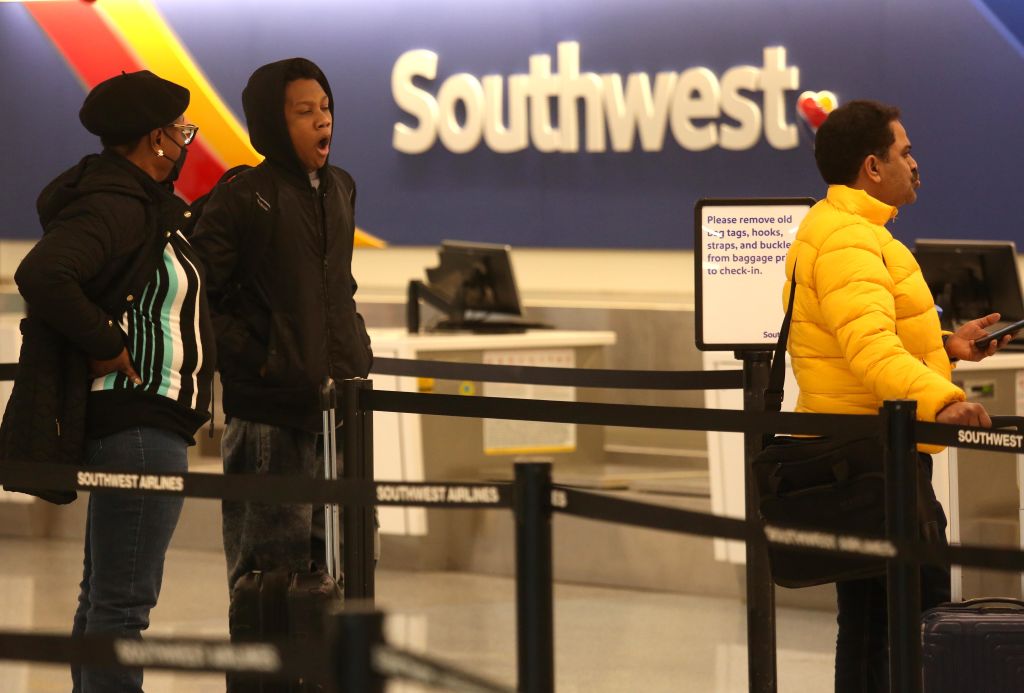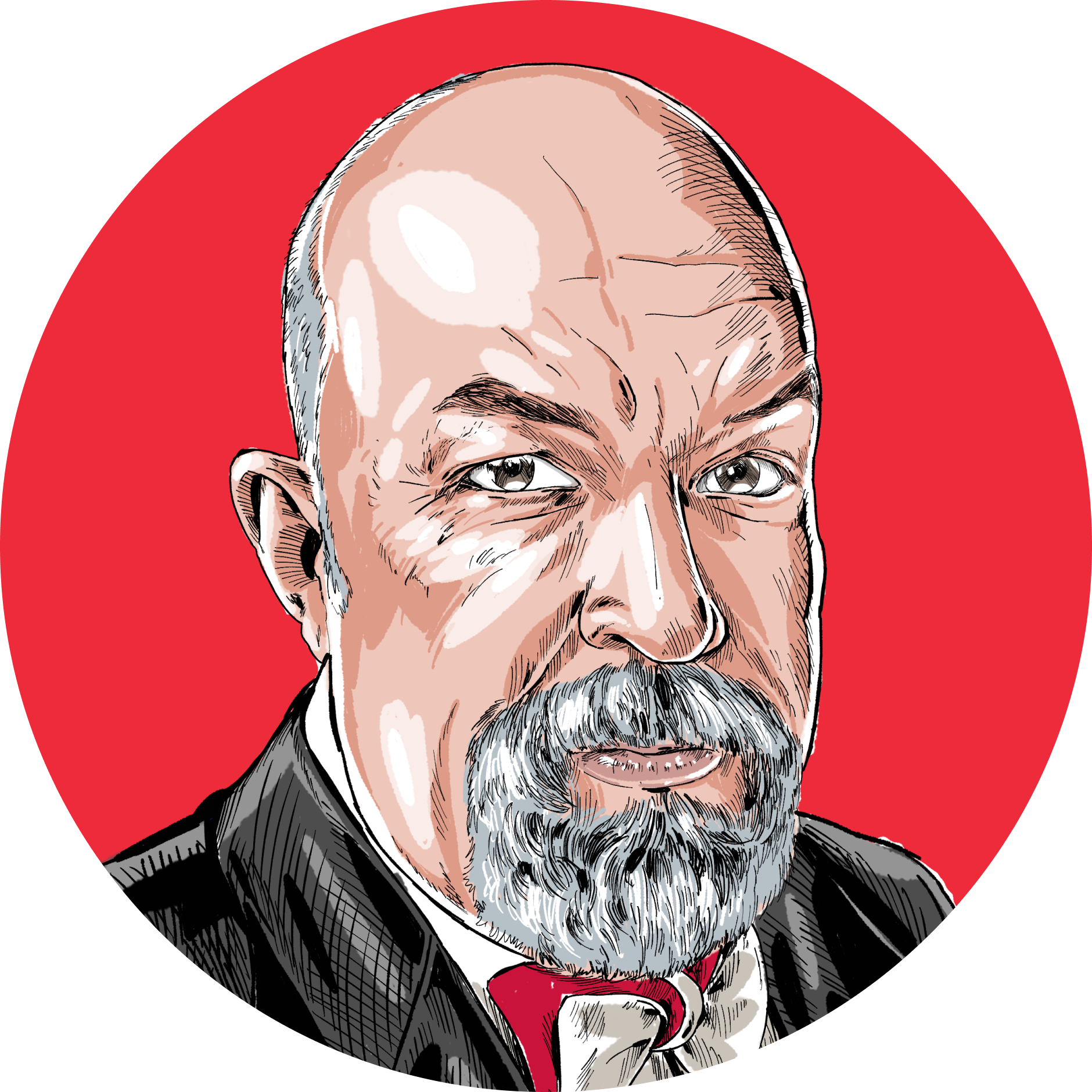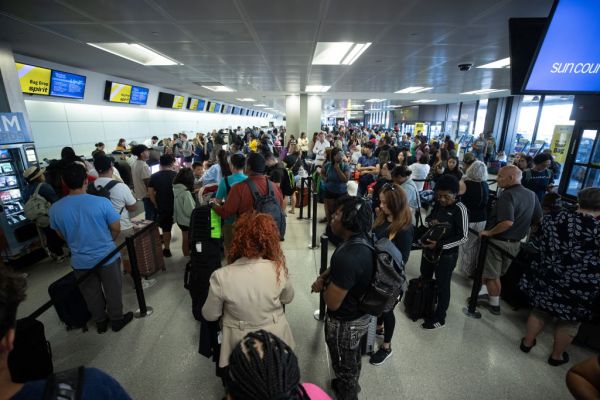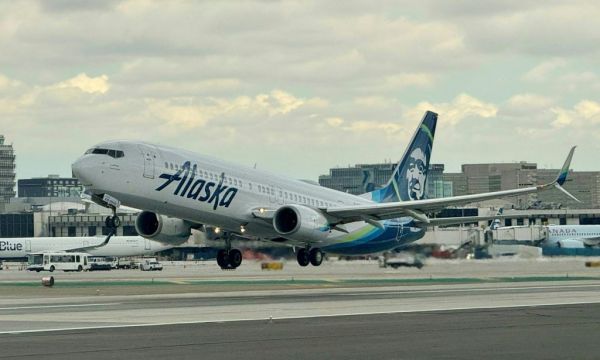The executives of Southwest Airlines can take comfort in this much at least: It still isn’t a crime to run a business incompetently.
As a wise friend of mine likes to say, “Stupid should hurt.” And while running an airline badly probably shouldn’t be a felony, there is an entirely justified sense that corporate stupidity doesn’t hurt people such as Southwest CEO Bob Jordan nearly as much as it should—and not nearly as much as it hurts his customers. Your kids will never get that Christmas with grandma back, but Bob Jordan will still be rich. Bob Jordan is never going to miss an important meeting or a family holiday because it puts 50 bucks in your pocket.
If it seems that in the great calculus of the airline industry the typical passenger—his plans, his interests, his convenience—doesn’t amount to squat, that’s because in the great calculus of the airline industry the typical passenger doesn’t amount to squat. As I have written before, one of the few good things you can say about the airline industry is that airlines are almost alone in American institutions in being generally honest and transparent about status. And the status of Passenger X is not very high: According to surveys, slightly more than half of all Americans do not fly at all in any given year, and those infrequent fliers are driven almost entirely by price. They consistently tell consumer researchers that they will not pay extra for amenities, that they will not pay more to fly on a preferred airline, that they will not pay more even to avoid being assigned the dreaded middle seat. These are the looky-loos and livestock who gum up the works by flying to Tampa once every other year to visit Aunt Marge. Or the guy who, upon being informed by the TSA goon overseeing the TSAPre line that he didn’t have TSAPre and needed to go to the prole line with the rest of the status-less, started in with, “Tell me about this TSAPre program, maybe I would be interested in signing up”—at 9 a.m. the day before Thanksgiving at DF-by-God-W. These fliers have no loyalty to any airline and they are not very profitable, but there are just scads of them, with nonbusiness fliers making up about 88 percent of passengers.
What this means is that airlines have very little reason to care about any given interaction with a flier who isn’t linked up with its frequent-flier program.
If you have rented an expensive apartment for a couple of years and might be expected to rent it for a few more, and if you pay your rent on time and don’t generate a lot of complaints, then your landlord is going to be inclined to go to some trouble to keep you as a tenant. But if you are staying one night at a cheap roadside motel in some town you’re never going to see again, then the management doesn’t have much incentive to go the extra mile for you. For most passengers, airlines are cheap motels. While the airlines themselves are (almost) criminally mismanaged, consumers are part of the problem too: An airline isn’t going to spend $100 to do a good turn for a flier who will choose a different airline next time around to save $12.42.
The days of the glamorous “jet set” are long behind us, and air travel is an ugly, stupid, inconvenient business most of the time, three dashboard saints and one poultry crate short of the Guatemalan “chicken bus.”
As usual, the real problem is complex—and, as usual, the political conversation wants this to be a case of black hats vs. white hats.
Progressive critics always want this to be an executive-compensation story, because big paychecks are something we all understand and because this being a fallen world, envy is something we all feel. But, in spite of the usual talk about the dictatorship of quarterly numbers, Southwest’s executive-compensation practices aren’t especially short-term, and much of the compensation of its top officers is tied not to quarterly reports but to corporate income measured over years rather than quarters. Go read Southwest’s proxy statements to get an idea of how they handle executive pay. (What did you think I’d be doing on New Year’s Eve?) The whole idea of equity compensation is to align executives’ incentives with those of investors. The problem is that neither executives nor investors have incentives that are, in many cases, strongly aligned with those of consumers when it comes to any given transaction.
As noted above, this is partly the result of consumer preferences. But it isn’t only that. Most consumers prefer cut-rate seats on cut-rate airlines to paying full fare for first class on American or Delta, but the front cabin is, maddeningly, attached to the rear cabin, and American isn’t any better at getting its first-class passengers there on time than it is at getting the job done for the guy back in 32B. (Greetings, Sen. Romney!) The airlines are bad, and their executives are bad—but so are the unions, the airport authorities, the TSA, the FAA, and practically every other major player in the business. There’s political corruption, crony capitalism, the usual bureaucratic shenanigans, and, of course, private-sector incompetence.
The capital requirements necessary to run a major airline would by themselves present a real barrier to robust competition. Then add in the heavy regulatory burden, the complexities of dealing with labor unions, the predictable deficiencies in politically managed infrastructure, etc., and what you have is a lot of taxes on innovation and competition along with a lot of subsidies for scale. American Airlines employs more lawyers—and better lawyers—than a lot of pretty serious law firms, and they work on the “company’s corporate governance, securities and corporate finance, commercial, litigation, competition and antitrust, compliance, privacy, environmental, labor and employment, and intellectual property legal issues.” The next Google or Facebook or Apple might be started in a garage in Austin, but the next American Airlines surely will not.
The behavior of Southwest—and of airport authorities threatening to have stranded passengers arrested—has been truly outrageous, and if Southwest shares go all the way to $0.00 and Bob Jordan gets run out of town on a rail, I’ll take the afternoon off to pluck a chicken before we tar and feather the rotten so-and-so. But it won’t solve the problem. Neither will changing executive-compensation rules, however much that might speak to the punitive instinct. This is a complex, multipart problem requiring a complex, multipart response.
What really makes people angry in these situations is the asymmetry. When Southwest decides to screw you—and it is a decision—you don’t really have any recourse. In some truly unusual circumstances, you might be able to sue. You can write a letter to your congressman and ask him to complain to the FAA or another regulator. If American decides to screw you—and it is a decision—you might get a couple thousand bonus miles if you’re a very pissed off “executive platinum” flier. But if you treat the airline’s picayune demands the way the airline treats its schedule? You might very well end up in jail.
The airlines, banks, and insurance companies are particularly big offenders—the cause of socialism never had a better friend than an American health-insurance company—but there’s a lot of shameful stuff that goes on in the pursuit of profit. It’s worse in mature, highly regulated industries, where there’s little incentive for innovation but lots of incentive for petty chiseling and undignified grubbing. But if you’ve ever had to rely on Amtrak or Metro North or the New York City subway system, you know that state-owned enterprises and government-run systems are subject to most of the same problems and some particular to the public and semi-public sectors. Two cheers for capitalism and all that.
There isn’t any very obvious fix to any of this, but one option we should consider: Stop bailing them out. The Southwest story would rankle a lot less if not for all those billions of taxpayer dollars the airline has consumed. The major (and many minor) U.S. airlines have been slowly failing for a generation. We should think about letting them fail and seeing if the market can make some more intelligent use of all the capital that is locked up in these moribund enterprises. That might not scratch the populist itch the same way as a week’s worth of vitriolic denunciations on Capitol Hill, but, on the other hand, it might actually produce some real-world results.
Southwest once was one of the most admired companies in the United States, and now it is a joke, a cartoon villain of a corporation known for treating its customers with contempt and cruelty. Let nature run its course: Et in Arcadia ego, etc.









Please note that we at The Dispatch hold ourselves, our work, and our commenters to a higher standard than other places on the internet. We welcome comments that foster genuine debate or discussion—including comments critical of us or our work—but responses that include ad hominem attacks on fellow Dispatch members or are intended to stoke fear and anger may be moderated.